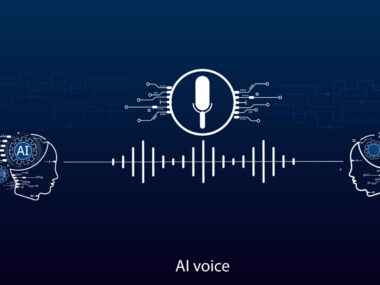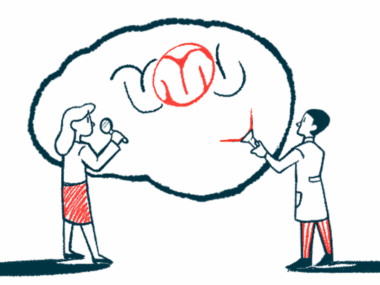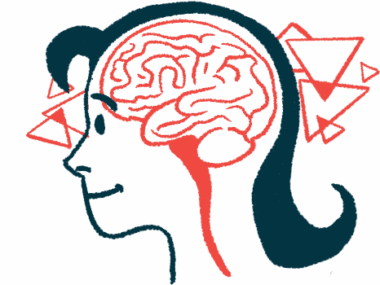Bank Finances Innovative Diagnostic Platform for MS, Other Diseases
Technology will help in diagnosing chronic diseases, including multiple sclerosis
Written by |

The European Investment Bank has entered a financial agreement with Numares Health to support further development of a fully automated platform to improve the diagnosis of chronic diseases such as multiple sclerosis (MS).
The loan of up to €20 million (about $21 million) is expected to advance the company’s AXINON System platform, which combines nuclear magnetic resonance (NMR) and artificial intelligence to examine the metabolic composition of a given blood or urine sample, and identify relevant groups of metabolites called metabolite constellations.
“We are proud to support this innovative health company. We see the promise of improved multi-marker diagnostics that could help patients where single-marker diagnostics have failed or been inadequate,” said Ambroise Fayolle, vice president of the European Investment Bank, in a Numares press release.
The new technology is based on metabolomics, which measures all the products of metabolism to provide an overview of the physiological and metabolic processes that are active in a given patient. NMR is a technique that exposes a sample to magnetic fields and enables an accurate and reproducible quantification of specific molecules, allowing the acquisition of high-quality data.
The fully automated AXINON System, developed by Numares for clinical diagnostics, then uses a proprietary Magnetic Group Signaling (MGS) technology that applies artificial intelligence algorithms on the NMR data to create targeted profiles for precision diagnosis.
Such technology allows the identification of more than 400 metabolites in one run, enabling the discovery of metabolic profiles relevant for multiple diseases.
AXINON platform part of collaboration on MS
Using its AXINON System platform, Numares is collaborating with the University of Oxford to detect alterations in metabolite constellations that accurately identify the transition of relapsing-remitting MS (RRMS) patients into the more advanced secondary progressive disease form (SPMS).
The majority of MS patients (85%) are initially diagnosed with RRMS, characterized by periods of worsening neurological symptoms followed by periods of partial or complete recovery. Without treatment, about 50% of people with RRMS progress into SPMS, a disease form with a steady worsening of symptoms, within 10 years after their initial diagnosis.
Because no single test can reliably diagnose SPMS, the transition is diagnosed retrospectively based on the progression of the disorder in the preceding months and years. An early detection of SPMS transition could allow a faster implementation of measures to manage the new disease course and delay disease progression.
In addition to MS, the technology may help diagnose cardiovascular, kidney, and liver diseases, as well as cancer. It is already being used in several major U.S. laboratories that benefit from more precise results. So far, more than 2 million tests were performed worldwide using this technology.
“The Numares approach holds the potential to answer medical questions where current diagnostics have been inadequate. The use of artificial intelligence and highly standardized NMR data will result in a variety of algorithms to diagnose and manage a number of diseases,” said Winton Gibbons, Numares CEO.
The funding from the European Investment Bank will be used for further research and development of the platform, and Numares investors will contribute with another €20 million to advance marketing and commercialization efforts in the U.S. and European Union (EU).
The loan is part of the European Guarantee Fund’s Venture Debt, designed to provide funds for risk investment into innovative technology companies. The fund was created by 22 EU member states and has mobilized €200 billion to support small and medium-sized companies affected by the pandemic.
“With the [European Investment Bank] venture debt financing, we will bring this novel, revolutionary technology to the patients who need better diagnostic tools,” Gibbons added.



